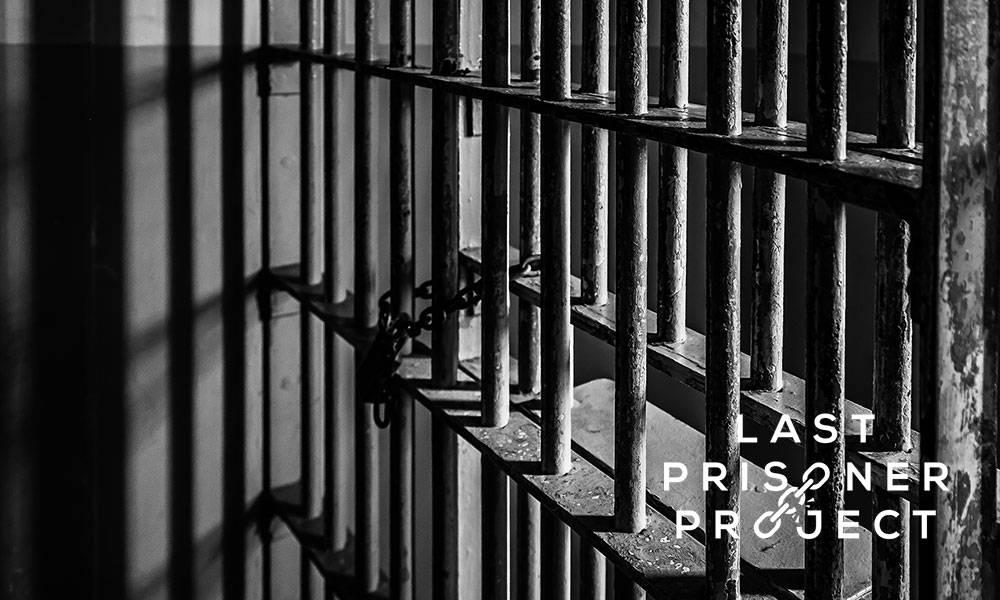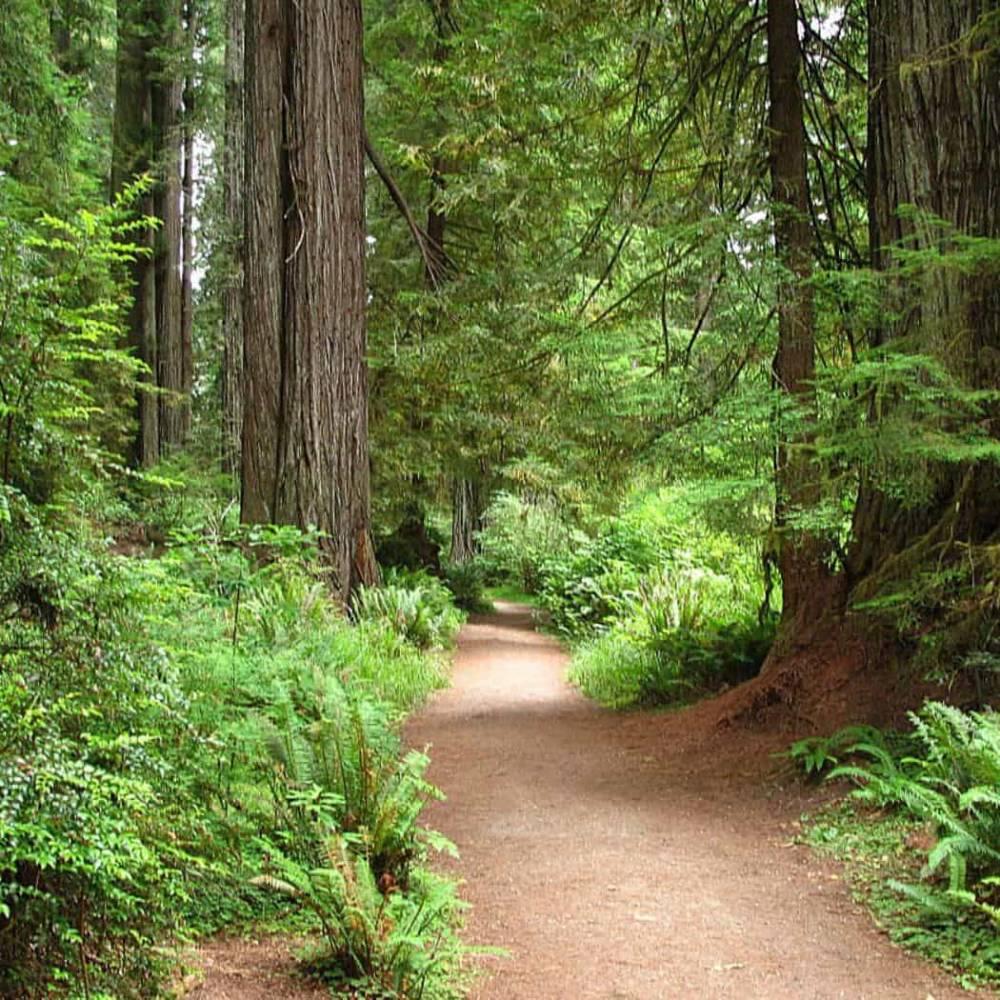The Long, Racist History of Cannabis Prohibition
July 14, 2020

By Dante Jordan
As the world screams “Black Lives Matter,” many institutions are looking inward to examine their role in how we got here. Nowhere requires more introspection than the legal cannabis industry. Plagued with unjust laws that have destroyed entire Black and Brown communities, the historical relationship between racism and marijuana prohibition is the biggest reason that the legal cannabis industry is so white-washed today. According to a story in 2017 by MJ Biz Daily, 81% of cannabis businesses are owned by whites, and very few of the “minority-owned” businesses are actually outright owned by Black and Brown people. The future of cannabis legalization looks bleak for minorities and to understand why all you have to do is look at the history of prohibition.
The Marihuana Tax Act of 1937
Harry Anslinger is the racist that gave birth to the negative stereotypes that surround cannabis today. In 1930, Anslinger was appointed the first commissioner of the US Treasury’s Federal Bureau of Narcotics, where he served until 1962. He was the Daniel Boone of narcs.
In 1937, Harry Anslinger signed The Marihuana Tax Act into action. Basically, the Tax Act placed a tax on the sales of cannabis and hemp. The only problem is, cannabis and hemp were illegal, so basically it would be impossible to follow the law of paying taxes when you’re violating the law by generating the income being taxed. Because of this, very little tax revenue was actually generated, effectively making the law solely about punishing people for growing, selling, or smoking cannabis. And the majority of those people punished were Black and Brown men, races that Anslinger absolutely despised.
Anslinger’s hate for Mexicans is why the plant is called “marijuana” in the first place. Originally people in the U.S. just called it hemp or cannabis, but he needed a tool to generate continued support and revenue for his crusades against our beloved plant. That tool was racism, America’s most lucrative enterprise. Anslinger began referring to the plant by its Spanish name, marihuana, and then used America’s fear of Mexicans and Black Americans to produce fear-mongering propaganda behind it. The loudest piece of propaganda was his suggestion that smoking marihuana made white women lose their minds and sleep with Black men, born from his hate of jazz musicians.
Here are a few of Harry Anslinger’s other greatest hits, pulled from a story by FEE:
“There are 100,000 total marijuana smokers in the US, and most are Negroes, Hispanics, Filipinos, and entertainers. Their Satanic music, jazz, and swing, result from marijuana use. This marijuana causes white women to seek sexual relations with Negroes, entertainers, and any others.”
“…the primary reason to outlaw marijuana is its effect on the degenerate races.”
“Reefer makes darkies think they’re as good as white men.”
The Marihuana Tax Act was the foundation of racism laid for 40 years until it was finally overturned for being unconstitutional in 1969, just in time for Richard Nixon to unleash his infamous War on Drugs.
Nixon’s War on Drugs
Born in June 1971, President Richard Nixon’s War on Drugs is the sole reason so many Black and Brown communities are demanding reparations from the tax revenue generated by state-legalized cannabis industries. It was a critical piece of his Southern strategy to gain political support from Southern white voters by appealing to their racist prejudices against Black Americans, ultimately pushing the Republican party towards the far-right mindset that we associate with them today.
In 2016, former Nixon domestic policy chief John Ehrlichman told Harper's writer Dan Baum:
“The Nixon campaign in 1968, and the Nixon White House after that, had two enemies: the antiwar left and black people. We knew we couldn’t make it illegal to be either against the war or black, but by getting the public to associate the hippies with marijuana and blacks with heroin, and then criminalizing both heavily, we could disrupt those communities. We could arrest their leaders, raid their homes, break up their meetings, and vilify them night after night on the evening news. Did we know we were lying about the drugs? Of course we did.”
The Prison-Industrial Complex vs Black Communities
The prison-industrial complex was imagined by Harry Anslinger, created by Richard Nixon, and cemented by Ronald Reagan with his Anti-Drug Abuse Act in 1986 that not only over criminalized drug addiction but also implemented extreme mandatory sentencing laws, including a mandatory minimum of five years in prison for even first-time non-violent drug offenders.
In layman's terms, the prison-industrial complex means flooding prison populations so private prisons, the institutions around them, and the United States government can make a stupid amount of money off the lives of the people this country values the least. And what’s the easiest way to put people in prison? Target them for petty drug offenses. And who does the government target? John Ehrlichman already told you.
The War on Drugs has destroyed Black communities by consistently removing Black men, historically the backbone and providers of Black families, from Black homes for over 100 years now. A 2013 study from the ACLU showed Black people are four times more likely to be arrested for marijuana possession than white people despite comparable usage rates. And in the end, it only puts more money in the government’s pockets at the expense of American taxpayers. An article published in 2018 by the UALR William H. Bowen School of Law states that the War on Drugs has cost US taxpayers over $2.5 trillion.
Legalization and the Future of Cannabis
Since legalization, violent crime has fallen by 15% in California and 7% in Arizona. Though these crime rates are dropping, prisons continue to be filled with nonviolent cannabis offenders and people serving unjust sentences for a legal cannabis market that may reach a value of $73.6 billion by 2027.
It’s imperative that the United States government rights the wrongs of the War on Drugs. It’s imperative that every human serving prison time behind nonviolent cannabis offenses be freed immediately. It’s imperative the legal cannabis industry pay reparations for the destruction of Black and Brown communities across the nation. It’s imperative that social equity programs, education, funding, and any other resource that minorities need to benefit from legal cannabis be implemented. Without these actions, the legal cannabis industry can never truly move forward in triumph. As we’ve all learned by now: no justice, no peace.
Related Articles
 Free Michael Thompson! Last Prisoner Project Update.
Free Michael Thompson! Last Prisoner Project Update.Imagine sitting in a cell for years, decades, or even life, convicted of an activity that is no long...
 The History of Cannabis Prohibition in California, Part 1: The Back to the Land Movement
The History of Cannabis Prohibition in California, Part 1: The Back to the Land MovementIn 2020 cannabis is legal in California but it hasn't always been that way. Dive into the history of...

